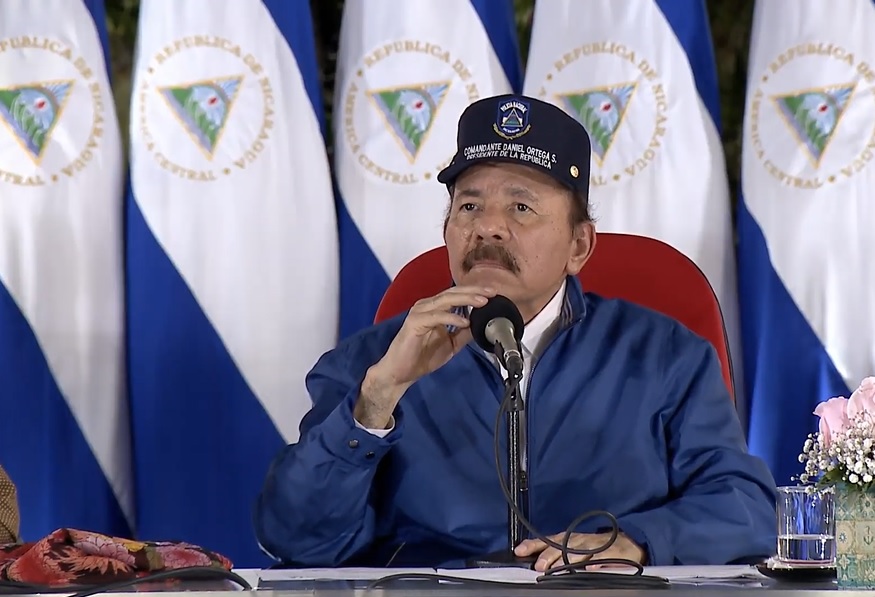
Nicaragua
Impact | Negative
CIVICUS Rating | Repressed
On January 19, the National Assembly hastily approved a constitutional reform setting a penalty of up to 30 years imprisonment for those convicted of serious crimes in “circumstances of cruel, degrading, humiliating and inhuman hatred” causing public outrage, repudiation or anger across the country.
President Daniel Ortega has already promulgated it, but it has not yet been implemented. A second step has yet to be completed, which is the modification of the Penal Code. The president of the National Assembly, Gustavo Porras, has called the matter a priority and so there are expected to be advances on this shortly.
The ambiguity in the law’s definition of “hate crime” has prompted significant concern in civil society and parts of the opposition, who fear that it may end up being used to limit freedom of expression and the right to protest. The president of the Nicaraguan Center for Human Rights (CENIDH, in Spanish), Vilma Núñez, said that the modification of the Penal Code must clearly specify what qualifies as hate crimes. Otherwise, she said, “this law will lend itself to a series of very subjective interpretations by the judge applying it, because [in that respect] there is absolute discretionality”.
This reform adds to other punitive laws approved in the last quarter of 2020, such as the Law for the Defense of the Rights of the People and the Law of Cyber Crimes, which critics fear may be selectively applied to citizens, organizations and media critical of the government.


